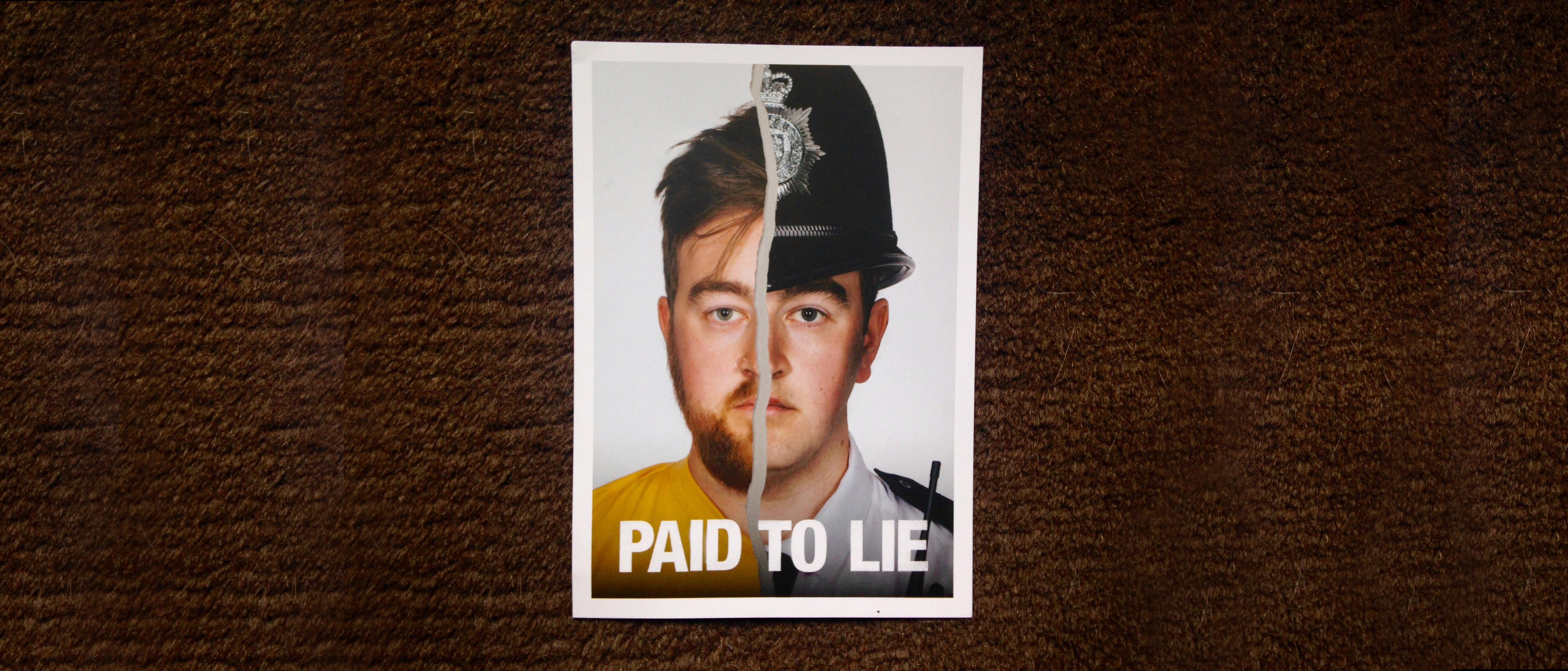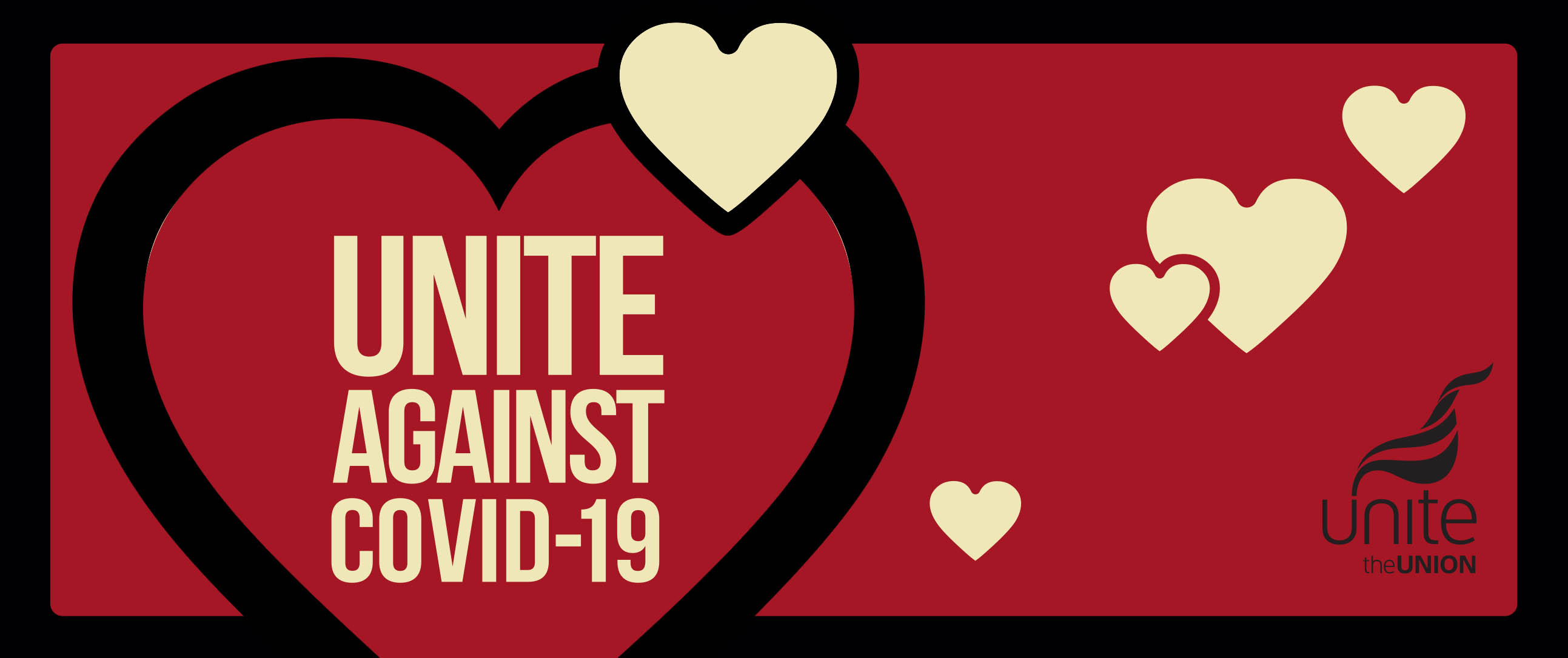Maximum justice
Unite is continuing to seek maximum compensation and justice for members ahead of a High Court trial next month over blacklisting in the construction industry.
Britain’s biggest union represents about 90 members whose lives were badly affected by the scandal and is demanding to know why the firms – who have admitted guilt – are yet to settle.
The trial, between the construction companies and Unite, is due to begin on June 7 after the union was granted an adjournment to allow further evidence to be submitted and examined.
Unite director of legal services, Howard Beckett said, “Unite has not reached any settlement although we continue to seek justice for our blacklisted members.
Seek justice
“The key question that has to be asked of the construction firms, which made an unprecedented admission of guilt last October, is why have they not yet settled?
“Unite continues to seek maximum compensation and justice on behalf of our members following those admissions.”
The move follows a settlement last month on behalf of members of the GMB,Ucatt unions and those represented privately outside the unions. The details of those settlements remain confidential for legal reasons.
The activists were systematically targeted by firms Balfour Beatty, Carillion, Costain, Kier, Laing O’Rourke, Sir Robert McAlpine, Skanska UK and Vinci.
Unite said the full details of the blacklisting conspiracy should be exposed in court.
Explaining the delay to legal proceedings, Beckett added, “The four claimant teams have now become one which meant that it was impractical for the trial, estimated to take 11 weeks, to start on Monday 9 May.
“In addition, some late disclosure has come in from the Information Commissioner’s Office and the Defendants, and this evidence needs to be considered and evaluated by our legal team.
“We understand that the date for Callum McAlpine, the alleged architect of the â€blacklisting’ scandal, to give evidence is Tuesday 21 June.”
So far, Callum McAlpine has refused to give a statement in response to the allegations made against him.
The full scale of the practice was exposed in 2009 after government officials raided the offices of blacklisting specialists, the Consulting Association.
The raid revealed a database of more than 3000 construction workers, whose names were sold on to industry bosses. They detailed workers’ political views, competence, union membership and industrial relations activities.
This sparked a lengthy campaign by the unions and activists over loss of earnings and breach of privacy.
Tenacity
Blacklist Support Group co-chairman, Steve Acheson, praised what he described as the “hard work and tenacity of rank and file activists that has brought this human rights conspiracy into the political discourse”.
Acheson, himself a blacklisted construction site electrician from Manchester, added, “For more than 40 years, they were blacklisting us with impunity.
“Seven years ago when the files were discovered these firms denied everything and offered us nothing. What has already been achieved is a massive victory for the trade union movement –but the fight is not over yet.
“Blacklisted workers may have won compensation but this is a long way from justice,” he added.
 Like
Like Follow
Follow


